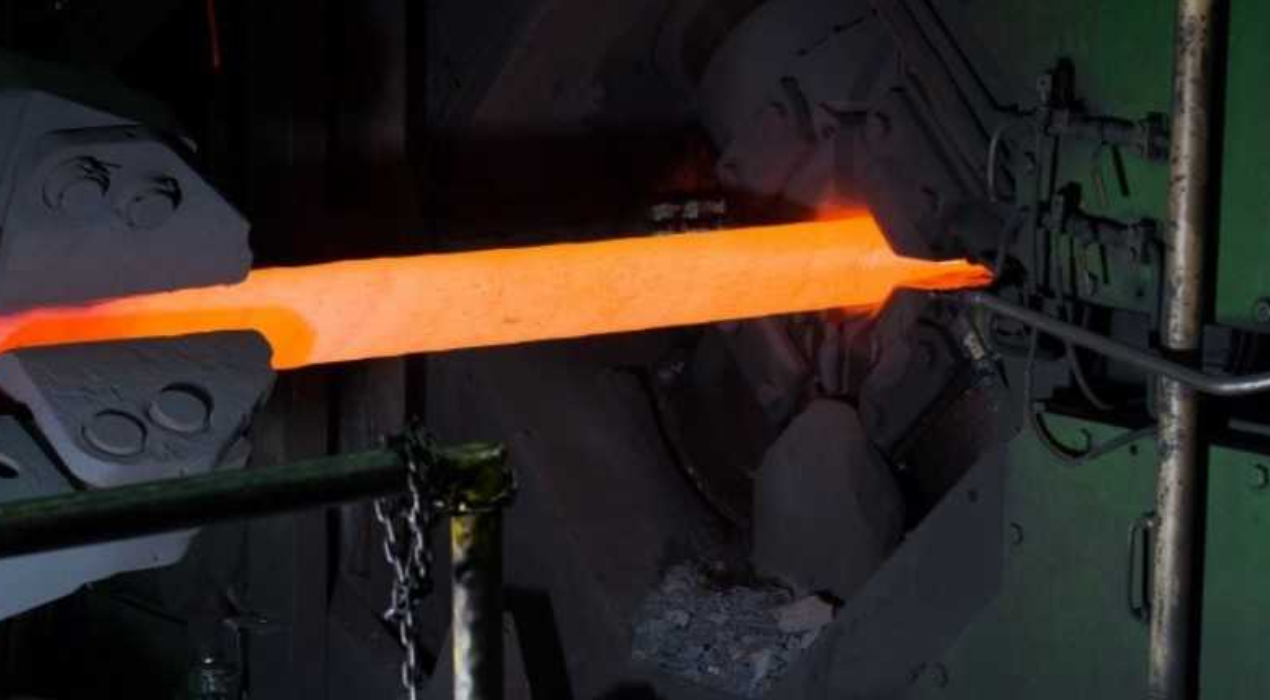Forging parts play a critical function in modern production because of their advanced mechanical properties and reliability. Not like solid elements, which can have inherent weaknesses, solid components showcase more advantageous energy, durability, and fatigue resistance. This is due to the fact the forging technique involves shaping metallic under excessive stress, aligning its internal grain structure, and getting rid of defects. This affects parts that could resist excessive stresses and disturbing operational situations.
Forged components are utilized in excessive-stress applications like engine components, structural help, and drivetrain components, wherein failure isn’t an option. Moreover, the precision and customization presented by way of forging permit the production of complex shapes and sizes that meet unique design necessities. Follow the link for more details, https://www.cxinforging.com/. Overall, forging enhances the lifespan and reliability of parts, reducing upkeep needs and improving the general performance of equipment and systems.
The Common Applications of Forging Parts
Forging is a producing method that includes shaping steel with the use of compressive forces. This method complements the material homes, making cast elements fairly long-lasting and dependable. Forging is used across diverse industries due to its potential to supply parts that resist giant strain and harsh conditions. Beneath are some of the common applications of forging elements:
Automotive Industry
Inside the automobile industry, forging is crucial for generating additives that may undergo high stress and fatigue. Components like crankshafts, connecting rods, and gears are normally solid to make sure they can cope with the traumatic conditions of car operation. Forging presents these additives with superior electricity and durability, which contributes to the general overall performance and sturdiness of the automobile. The high energy-to-weight ratio of solid elements facilitates improved fuel performance and car dynamics.
Aerospace Sector
The aerospace sector is based heavily on forged parts to ensure protection and high overall performance. Forged components, consisting of turbine blades, touchdown gear, and structural factors, are critical in meeting stringent first-rate and reliability standards. The forging manner complements the material properties, permitting those parts to withstand severe temperatures and pressures encountered all through flight. This guarantees that aerospace components carry out reliably and competently in crucial programs, contributing to the success of flight missions.
Oil and Gas Industry
Forged components are integral inside the oil and gasoline enterprise because of their ability to face harsh environments and heavy masses. Additives like valves, flanges, and pumps are often solid to handle high strain and corrosive conditions found in drilling and extraction processes. The robustness of forged parts guarantees dependable operation and safety in stressful applications, ultimately contributing to the efficiency and protection of oil and gas operations.
Energy Sector
Forged parts are vital in the energy zone, particularly for power generation and distribution gadgets. Components are cast to face up to high stresses and temperatures encountered in electricity production tactics. The forging system complements the material properties, making sure those parts are carried out reliably under traumatic situations and making contributions to the efficiency and durability of strength structures.
Industrial Machinery
In commercial equipment, forged parts are vital for their power and reliability beneath heavy masses and continuous operation. Components, along with gears, shafts, and gadget equipment, are frequently forged to make certain they can resist the stresses and needs of business applications. The forging manner enhances the sturdiness and overall performance of these elements, contributing to the performance and toughness of business equipment.
Conclusion
Forging is an essential production manner that results in elements with high-quality stiffness and durability. Automobile, aerospace, oil and fuel, manufacturing, and industrial equipment are only a few of its applications. Forged components are valued for their ability to withstand severe situations and heavy hundreds, ensuring dependable performance and protection. As industries keep calling for better overall performance and sturdiness, the role of forging in producing splendid components will remain important.
